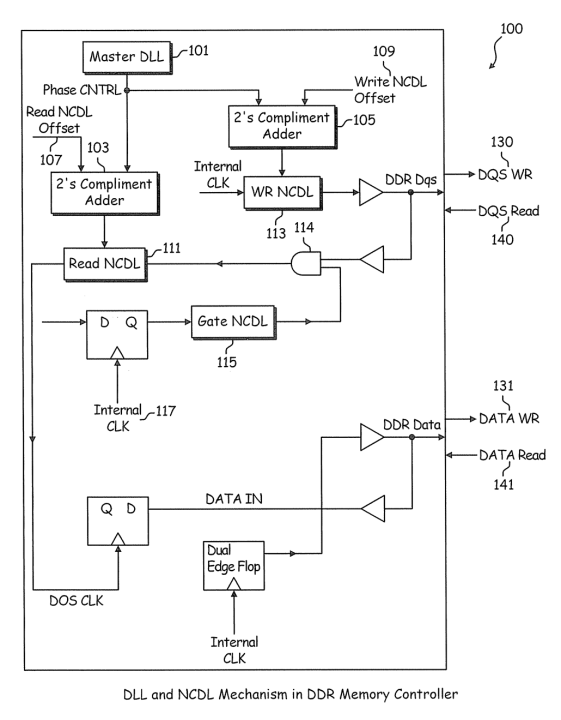
Broadcom has announced a huge, unsolicited bid to buy-out Qualcomm– at $103 billion it would be the largest technology takeover in U.S. history. While Qualcomm has initially rejected the deal offered, Broadcom has suggested that they are open to a hostile takeover. Qualcomm stipulated the bid as “too low” and far undervalues the company and it’s innovative technologies. The arrival of this buyout offers comes just after Broadcom’s Chief Executive Officer, Hock Tan, announced that they would be moving Broadcom’s legal headquarters from Singapore to the United States.
Antitrust Battle Continues
Antitrust will be a major concern for this deal and it is probable that Broadcom will run into regulatory pushback on this merger. If two of the world’s largest chip makers converge, their technologies could be in virtually every smartphone or tablet on the planet. Antitrust issues have plagued Qualcomm for the past few years, as regulators in Taiwan, China, and South Korea have handed down heavy fines on Qualcomm for anti-competitive business behaviors. Additionally, Apple and Qualcomm are still battling a lawsuit in U.S. courts (Full Story); and the Federal Trade Commission has an outstanding charge against Qualcomm on anti-competitive grounds. Antitrust regulators will not be the only concern: the Committee on Foreign Investments in the United States (CFIUS) could prevent this deal from happening. Broadcom, a Chinese entity, is still in the process of completing the pending acquisition of Brocade Communications due to CFIUS review and FTC probes (the deal was originally announced late 2016). A foreign takeover of this magnitude would be concerning for many, especially from a political lens.
From a technology standpoint, many of the world’s largest semiconductor entities have merged in the past few years—many of which have consolidated into related entities tied to the possible Broadcom-Qualcomm deal.
High Value Acquisitions and Related Parties: Consolidating the Semiconductor Space
- Qualcomm – NXP Semiconductors (2017): $38 billion
- Avago Technologies – Broadcom (2015): $37 billion
- NXP Semiconductors – Freescale Semiconductors (2015): $12 billion
- Broadcom – Brocade Communications (2016): $5.9 billion
- Qualcomm – CSR (2015): $2.5 billion
Qualcomm’s Vast Patent Portfolio
Qualcomm’s patent portfolio of highly coveted wireless technologies will remain one of their strongest assets—and it is only growing. Currently, Qualcomm owns more than 45,000 active U.S. patents alone. As Qualcomm is in the process of acquiring NXP, their patent holdings will only become more formidable. NXP manufactures chips for vehicle technologies, and with autonomous vehicles on the horizon this patent portfolio will be crucial to protecting their claim in the vehicle industry. NXP also carries technologies in security systems and IoT connected devices.
A Deal That Could Shape the IoT’s Future
The future of the Internet of Things devices will require a more ubiquitous, and advanced, semiconductor supply. With the NXP deal, regulators are concerned about the patented technologies Qualcomm will be acquiring. Qualcomm has told EU regulators that they will not purchase NXP’s Standards Essential Patents (SEPs) and will allow NXP to sell them to other prospective buyers. This, coupled with the possibility of the Broadcom-Qualcomm buyout, would leave Intel as one of the last remaining competitors in the industry. Intel is still a formidable competitor; they own more than 60,000 active U.S. patents and seem to be on better terms with Apple, a company that ships more connected devices than almost any other company in the world.
A Strong US Patent Portfolio Remains Key for Innovation
Qualcomm has rejected the initial offer, but Broadcom is still open to negotiation or may consider a hostile proxy battle. Qualcomm stock has been hit hard this year by legal battles and regulatory hold-ups, but from a technology standpoint they are one of the largest US patent holders in the world. Broadcom executives don’t seem as concerned about the regulatory hurdles or pending litigation, likely due to Qualcomm’s substantial patent portfolio far outweighing the downsides. The importance of this cannot be overstated. In a world that continues to be dominated by technologies centered on Qualcomm’s patent holdings (i.e. cell phones, tablets, IoT devices), and despite improvements in patent protection in other regions, a strong patent portfolio in the United States remains the best long-term strategy in order to innovate freely and minimize concern of litigation or other impediments.



